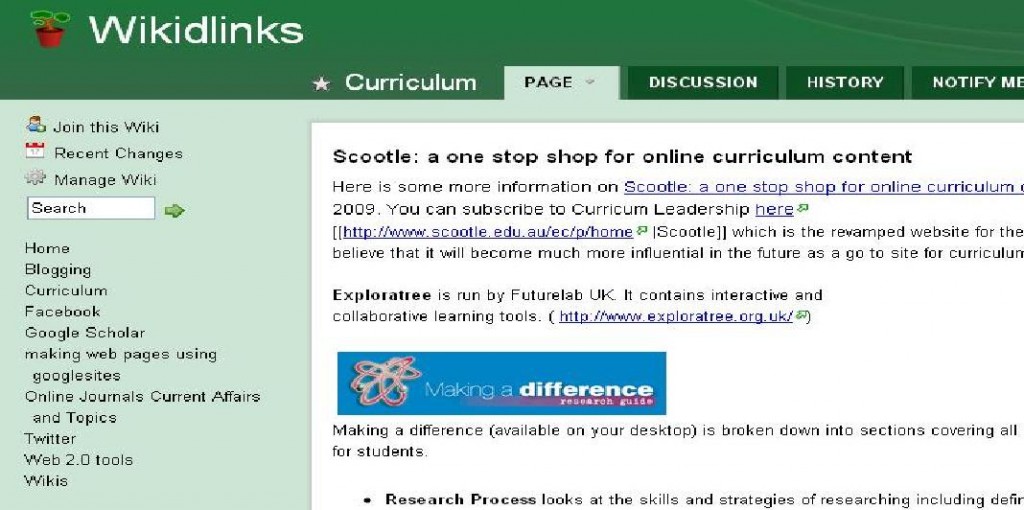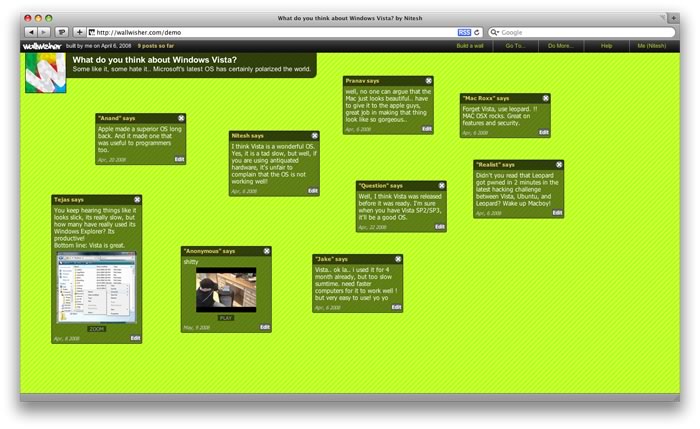The main points relate to the thoughts that schools that are collaborating and creatively using technology are the way to go, however, reinvented schools are not enough if families and communities do not value learning. Learning must also take place outside of the school and include parents and the community. Specific programs that ‘pull families and children to learning by making it attractive, productive and relevant’ are applauded.
The authors advocate ‘new, low-cost models for learning’ and a massive shift in education policy. They conclude:
In the next few decades hundreds of millions of young, poor families will migrate to cities in the developing world
in search of work and opportunity. Education provides them with a shared sense of hope. Many will be the first
generation in their family to go to school. It is vital the hopes they invest are not disappointed.
Ingrained Failure
Yet even in the developed world, education systems that were established more than a century ago still underperform,
mainly because they fail to reach and motivate large portions of the population. These ingrained
problems of low aspiration and achievement among the most disinvested communities in the developed world
are proving resistant to traditional treatment.
The Four Strategies
This report outlines four basic strategies governments in the developing and developed world can pursue to
meet these challenges: improve, reinvent, supplement, and transform.
1 Improve School: Essential but not Enough
The most obvious strategy is to spread and improve schools. By 2015 most eligible children will have a place at
a primary school. The lesson from high-performing school systems like Finland is that to get good results you
have to attract, train, and motivate good teachers and provide them with good facilities to work in.
Today, though, too much schooling in the developing world delivers too little learning. There are high rates of
teacher absence, high drop-out rates among poorer children, pupils repeating years in large numbers, high
failure rates in final exams, and low progression to further education and training. More children are going
to school for longer but too many are not learning enough. Even in parts of the developed world sustained
investment in schools and teachers has not led to expected improvements in educational outcomes.
School improvement on its own will not be enough to meet the need for learning. Relying solely on this route will
take too long. Governments must turn to more innovative strategies that will come from outside the traditional
school system.
2 Reinventing School: Cracking the Code
Different kinds of schools are needed to teach new skills in new ways. Around the world innovators such as
the Lumiar Institute in Brazil, charter schools in the United States, and independent schools in Sweden are
reinventing school. They use technology more creatively and provide more personalized, collaborative,
creative, and problem-focused learning, in schools that have as many informal spaces for learning as they
have classrooms.
3 Supplement School: Invest in Families and Communities
Even reinvented schools, however, may not be enough to change cultures in communities where formal learning
is not valued. Families and communities have a huge bearing on whether children are ready to learn at school.
Executive Summary
© 2009 Cisco Systems, Inc. All rights reserved. This document is Cisco Public Information. Page 2 of 4
That is why innovation beyond the classroom is vital to supplement schools. The Harlem Children’s Zone and
the preschool play groups run by Pratham in India are prime examples of social innovation to promote learning in
communities, outside schools, and often without formal teachers.
4 Transformational Innovation: a New Logic to Learning
However, to get learning to the hundreds of millions who want it in the developing world, transformational
innovation will be needed. Transformational innovation will create new ways to learn, new skills, in new ways,
outside formal school.
Transformational innovation is being pioneered by social entrepreneurs such as Sugata Mitra’s Hole in the
Wall and the Barefoot College in India, the Sistema in Venezuela, the Center for Digital Inclusion in Brazil, and
many others.
These programmes: pull families and children to learning by making it attractive, productive, and relevant;
often rely on peer-to-peer learning rather than formal teachers; create spaces for learning where they are
needed rather than using schools; and start learning from challenges that people face rather than from a formal
curriculum. The test of these approaches is whether they get useful knowledge into the hands of people who
need it rather than exam pass rates.
From Improvement to Innovation
To make learning effective in the future, to teach the skills children will need, on the scale they will be needed
(especially in the developing world), will require disruptive innovation to create new low-cost, mass models for
learning. Even relying on good schools will not be enough.
This means there will have to be a wholesale shift of emphasis in education policies.
School improvement is still a vital goal. But more emphasis will need to be put on innovation that supplements
school, reinvents it, and transforms learning by making it available in new ways, often using technology.
The chief policy aim in the 20th century was to spread access to and improve the quality of schooling. In the
future it will be vital to encourage entrepreneurship and disruptive innovation in education, to find new and more
effective approaches to learning.
Learning from the Extremes
That kind of disruptive innovation may well not come from the best schools. It is much more likely to come
from social entrepreneurs often seeking to meet huge need but without the resources for traditional solutions:
teachers, text books, and schools. Disruptive innovation invariably starts in the margins rather than the
mainstream.
Governments should continue to look to the very best school systems to guide improvement strategies. But
increasingly they should also look to social entrepreneurs working at the extremes who may well create the lowcost,
mass, participatory models of learning that will be needed in the future.
To join the dialog about this paper, go to www.getideas.org





